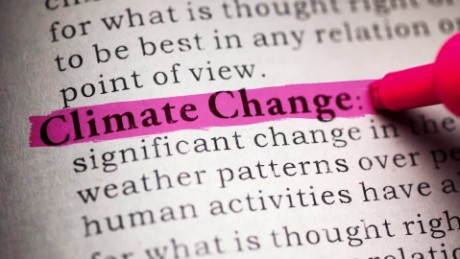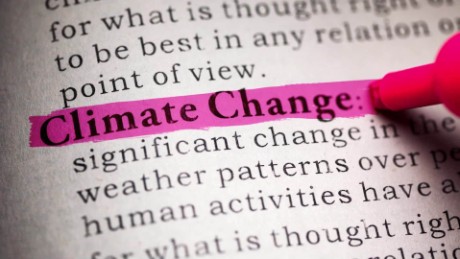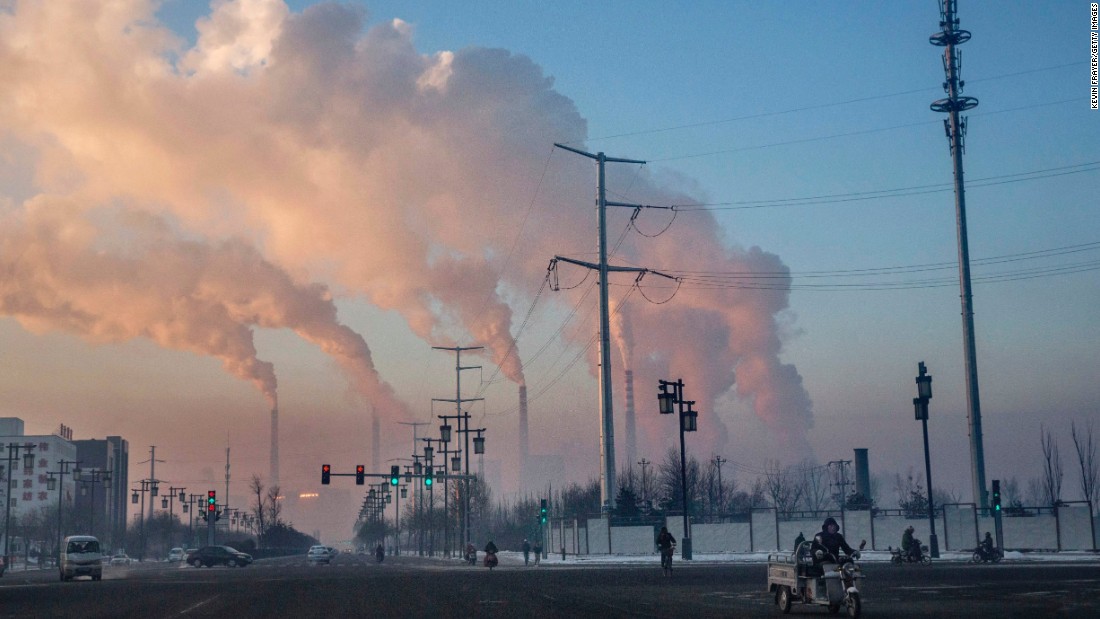Canada just did something (else) awesome that the US should copy


(CNN)Nearly everyone who studies climate change policy agrees on one thing: To fix this monster of a problem, governments need to put a price on dangerous carbon pollution.
Carbon pricing can take a few forms, and it’s not a cure-all, to be sure.
But it is generally considered by climate wonks to be the cheap-but-effective “holy grail.”
That’s why the world should applaud Canadian Prime Minister Justin Trudeau’s decision this week to implement carbon pricing across that country. It’s a move the United States should copy, too.
It’s not as cute or heartwarming as when Trudeau welcomed those refugees, perhaps.
But it should be seen as just as noteworthy.
The country’s bold policy shift “will help the country’s environment and economy as we compete for the rapidly growing global demand for clean energy,” Matt Horne, associate director of the Pembina Institute, an environmental think tank in Vancouver, said in an emailed statement.
In other words: It’s a win for everyone.
Not all politicians see it that way, of course, even in green ole’ Canada.
“Why is (Trudeau) using a sledgehammer to force the provinces and territories to accept a carbon tax grab and what happened to his promised new era of cooperative federalism?” Conservative MP Ed Fast asked, according to CBC News.
Such complaints are shortsighted, though. They fail to recognize what’s becoming increasingly clear: Unless we do far more to clean up the global economy, we are passing an era of storms, floods and environmental wreckage on to future generations.
Because we’ve been so slow to act on this crisis, bold action is now required.
To meet the international goal of limiting warming to 2 degrees Celsius, we need to ditch fossil fuels this century, hopefully by 2050. That goal is written into the Paris Agreement, which, this week, appears poised to become international law.
The United States has ratified that agreement, and Canada has signed it, according to WRI.
So far, however, pledges to cut pollution fall short of what’s needed.
We need to price carbon to meet those lofty (and critical) goals.
Here’s how it works: Pricing carbon is an inherently conservative and market-friendly way to cut heat-trapping emissions that are causing seas to rise, ice caps to melt, wildfires to worsen and so on.
These policies work by making a bad thing — burning high pollution fuels like coal, for example — more expensive. By comparison, smarter, cleaner energy choices — wind, solar, etc. — become cheaper.
British Columbia already has a successful carbon tax in place. I visited earlier this year and talked to people at a gas station near the US border. I was surprised to find many people who said they wanted to pay the carbon tax — even wanted it to be higher — because it’s good for the environment.
Research shows carbon emission in the province dropped 5% to 15% and fuel use dropped 16% after the tax’s implementation. Yet, the economy continued to grow, slightly outpacing the rest of Canada.
The only injustice of the tax is that neighboring provinces didn’t have to pay it.
The revenues from the carbon tax actually go directly back to citizens.
These concepts continue to spread, which is cause for hope.
Another version of carbon pricing, called cap-and-trade, is in place in California. (Cap-and-trade systems set a maximum amount of allowable pollution and then let businesses buy and sell pollution credits on a market.)
Canada will give provinces the choice of implementing either type of policy. The government says the prices must go into effect by 2018, with the price of carbon starting at a minimum of $10 per metric ton of pollution and rising to $50 per ton by 2022. Some environmentalists have called the plan too lax. It’s not perfect, but it’s far better than the piecemeal approach of waiting for jurisdictions to act on their town.
In the United States, Washington state residents will vote on a carbon tax this November.
I’m hopeful that vote — and this big push from Trudeau’s Canada — will reignite a debate about carbon pricing in the US federal government. Donald Trump and other American politicians can deny the harsh realities of climate science all they want, but that won’t change the urgency with which we need to act.
Read more: http://www.cnn.com/2016/10/04/opinions/sutter-canada-carbon-tax/index.html
